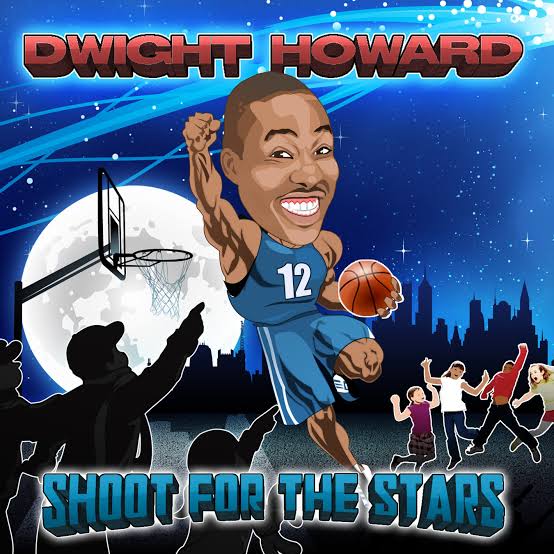Nonfungible tokens (NFTs) have the potential to revolutionize the sports industry, but athletes who wish to participate face obstacles and time commitments when they enter the Web3 space.According to Tom Fleetham, head of business development at Zilliqa for sports and gaming, many of the sports groups he dealt with had to enhance the experience and revenue stream for foreign fans who were unable to visit stadiums.Furthermore, the behaviors of younger audiences, such as Gen Z, differ from those of earlier generations, indicating that a contemporary strategy could be needed to reach this market.According to the executive, NFTs can help overcome these obstacles. Fleetham gave an explanation.
“I believe that NFTs can play a big role in overcoming both of these challenges. International fans want to feel closer to their team, and the opportunity to own NFTs that provide exclusive access, products and experiences is a huge untapped opportunity.”
Fleetham clarified that although there are advantages to entering the NFT market, sportsmen or sports organizations must invest sufficient time to comprehend the complexities involved in developing their NFT ventures.The CEO brought up Dwight Howard’s recent NFT fiasco, in which the basketball player appeared ill-prepared to enter the cryptocurrency market.
Howard declared an NFT drop on the Avalanche blockchain on January 19.The initiative was a complete failure, though, drawing in very few customers before being shelved in favor of a makeover.Community users criticized the initiative, and one crypto investigator, ZachXBT, even accused Howard of pulling a rug.
Fleetham described Howard’s project as a “complete disaster,” which left fans underwhelmed and out of pocket. “Any athlete considering NFTs needs to take a very active role to ensure that every aspect of the project represents their brand in a way they’re comfortable with.”
The CEO added that appropriate execution is necessary for the art, usefulness, marketing, and tokenomics.If not, any possible financial benefits are outweighed by the reputational costs.Dwight Howard was contacted by Cointelegraph for comment; however, no response has been received.
Some players seem to have it down pat, while others may struggle with their NFT ventures.Football player Cristiano Ronaldo showcased one of the NFTs’ use cases—fan engagement—on January 26.The football player gave advice on how to get better in the game while working out with fans who owned his NFTs.Oh Thongsrinoon, chief marketing officer of Altava Group, stated that Ronaldo’s participation in Web3 may eventually inspire other players to follow suit. In Thongsrinoon’s words:
“Having one of the most recognized names in the world like Ronaldo being involved, it’s likely a matter of time for other athletes. In my opinion, once the crypto bull run starts in earnest, we should see more involvement from athletes.”
Sports are the “kind of hobby that elicits passionate feelings from fans,” according to the executive, who works with businesses looking to engage with Web3. She also clarified that NFTs have the potential to develop a closer connection between athletes and sports teams and their fan bases.


